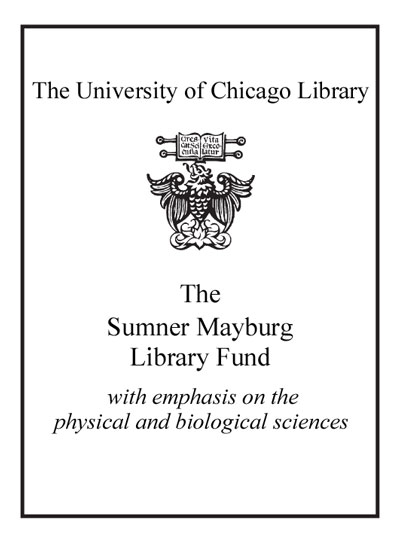Review by New York Times Review
Laser surgery left the bioethicist Buchanan with slightly sharper than normal vision. It's fitting that he should welcome us to the age of human enhancement, in which medicine promises not just to cure disease but to make us "better than well," with "cognitive enhancement drugs" like Ritalin and even genetic modification. In this slim manifesto, Buchanan rebuts claims that such efforts are unprecedented, unnatural or unjust. Enhancement is not new, he argues, humanity has already benefited from innovations in farming and science. Some believe that human bodies are finely calibrated by evolution and would be corrupted by manipulation, but rather than regarding evolution as a benevolent engineer, Buchanan sees it as a "tightly shackled linkerer" who could use a helping hand. Turning to "Gattaca"-like issues of genetic injustice, Buchanan professes not to be worried if the superrich are enhanced before everyone else - they may be doing everyone a favor by serving as guinea pigs. Despite his claim to be "just as leery of wild-eyed, Pollyanna-ish optimism" as "knee-jerk, blanket rejections," he lands squarely in the gung-ho camp, suggesting that boosted genes might be inserted "into a large number of human embryos." For all his enthusiasm for biomedical enhancement, Buchanan never quite persuades that it is a "noble kind of activity."
Copyright (c) The New York Times Company [August 5, 2012]
Review by New York Times Review

